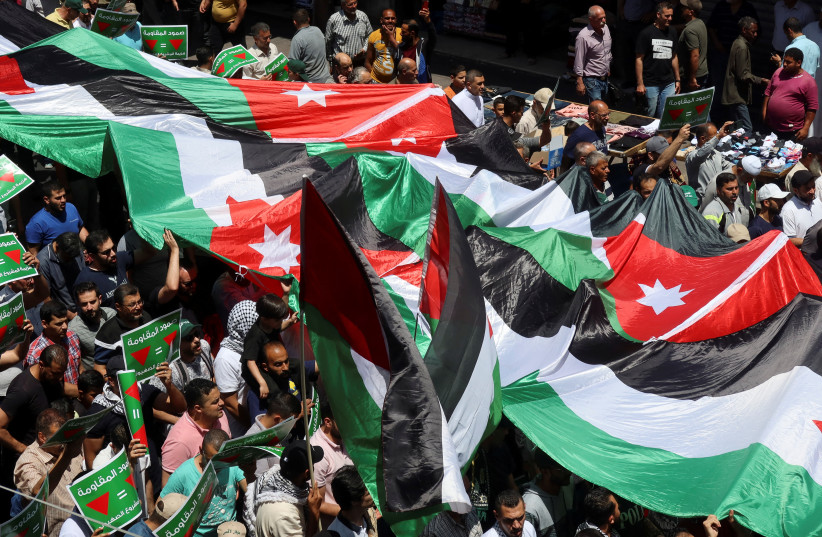Polls opened on Tuesday in Jordan's first parliamentary elections under a new law aimed at diluting the strong impact of tribalism and bolstering political parties, with Islamists expected to gain support due to anger over the Israel-Hamas War.
The 2022 electoral law is meant to be pave the way for political parties to play a bigger role, but the election is still expected keep the 138-seat parliament in the hands of tribal and pro-government factions.
The new law for the first time directly allocates 41 seats for over 30 licensed and mostly pro-government parties. It also raised the quota for women's representation to 18 from 15 seats and lowered the age for elected deputies to 25 from 30.

Of Jordan's 11 million people, 5.1 million are registered voters aged over 18. There are 1,623 candidates, including 353 women, competing for seats over 18 districts
King Abdullah pushes forward
Jordan retains a voting system that favours sparsely-populated tribal and provincial regions over the densely-populated cities mostly inhabited by Jordanians of Palestinian descent, which are Islamic strongholds and highly politicised.
Officials say powerful King Abdullah’s decision to go ahead with the polls was a message that politics is continuing as normal despite the Israel-Hamas War that has cast its shadow over Jordan's economic and political outlook.
In a country where anti-Israel sentiment runs high, the Israel-Hamas War is expected to help the electoral fortunes of the Islamists, the country's largest opposition, who have led some of the region's biggest rallies backing the Palestinian terrorist group Hamas, their ideological allies.
